Description
Paracetamol is a commonly used medication for treating mild to moderate pain, such as headaches, menstrual cramps, toothaches, backaches, osteoarthritis, and aches associated with cold or flu. It also helps to reduce fever. Paracetamol works by inhibiting the production of chemicals in the brain that cause pain and fever, providing effective relief from discomfort.
How to Use
-
Dosage: Take paracetamol as prescribed by your doctor.
-
Administration: Swallow the tablet whole with a full glass of water. Do not crush, chew, or split the tablet.
-
With Food: Paracetamol may be taken with food to help prevent stomach upset.
-
Consistency: To achieve the best results, take paracetamol regularly and at the same time each day.
-
Quantity: The dose you are prescribed will depend on your medical condition and how you respond to the treatment. Do not exceed the recommended dose or take this medicine more often than directed.
-
Missed Dose: If you miss a dose, take it as soon as you remember unless it’s almost time for the next dose. Do not double the dose to make up for a missed one.
Expert Advice
-
Alcohol: Avoid consuming alcohol while taking paracetamol, as it may increase the risk of liver damage.
-
Hydration: Drink plenty of water to stay hydrated during treatment.
-
Serious Effects: In case of any serious side effects or if you have concerns, contact your doctor immediately.
Storage
-
Store paracetamol in a cool, dry place, away from moisture and direct sunlight.
-
Keep it out of reach of children.
-
Do not store the medication in the bathroom, as heat and moisture can affect the tablet’s effectiveness.
-
Ensure the bottle or packaging is tightly closed to protect the tablets from exposure to air.
Doctor Review
Dr. Ali Ahmed, MBBS, General Physician:
“Paracetamol is a widely used over-the-counter medication that effectively manages mild to moderate pain and helps in reducing fever. It’s safe when taken as directed, but caution should be exercised regarding the dosage, especially for individuals with pre-existing liver conditions. It’s essential to follow the prescribed dose and avoid alcohol during treatment to prevent potential liver damage. In case of any unusual side effects or concerns, it’s advisable to consult with a healthcare provider.”
Disclaimer
This content is for educational purposes only and is not a substitute for professional medical advice, diagnosis, or treatment. Always consult a healthcare provider before starting, stopping, or changing any medication.

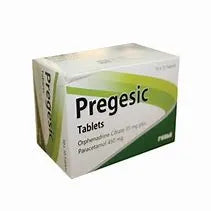

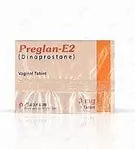
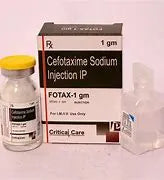
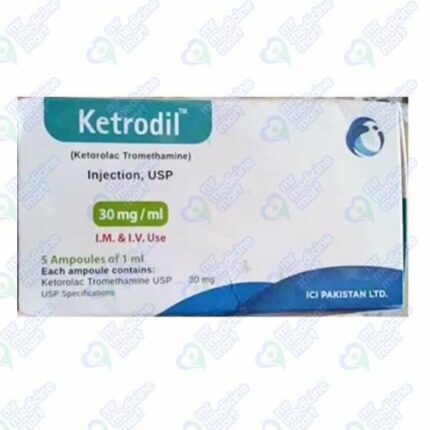
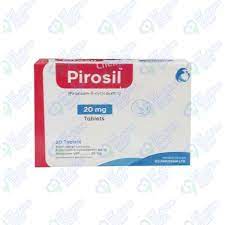
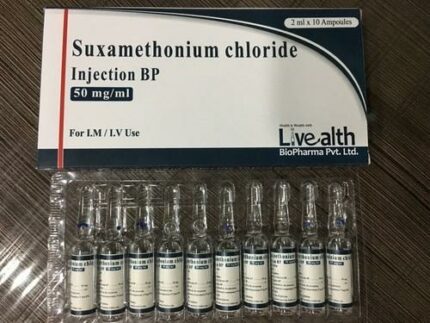
Reviews
There are no reviews yet.